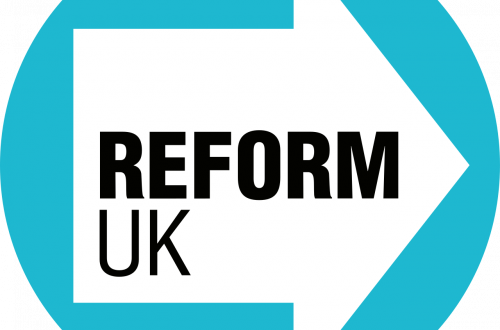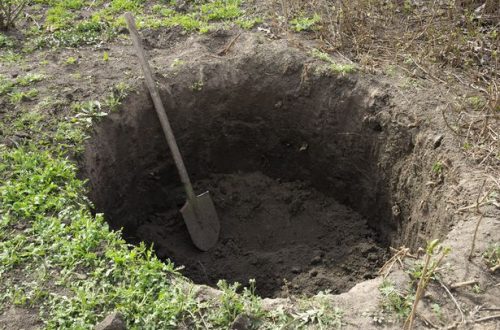Tomorrow evening, former Metropolitan Police officer Robert Lambert will be speaking at fringe meeting at NUS conference, organised by the Federation of Student Islamist Societies, on the subject: “Islamists in Britain: Friends or Enemies?”. I think we know what his answer will be.
Lambert pioneered the strategy that Islamists who don’t want to set off bombs in Britain can help to stop other Islamists who do. He established the Muslim Contact Unit on just that premise, and has consistently argued that the Muslim Brotherhood, in particular, can be a valuable and trustworthy partner in preventing terrorism. The most notable achievement of the MCU under his watch was the removal of Finsbury Park Mosque from the control of Abu Hamza al-Masri, and its delivery into the hands of Mohammed Sawalha and his friends at the Muslim Association of Britain.
While denying abu Hamza’s al-Qaeda friends a base in north London was definitely an important counter-terrorist success, the fragility of this compact between the British state and the Muslim Brotherhood should now be apparent to all. Sawalha was one of the British signatories of the Istanbul Declaration; while Daud Abdullah and the MCB have spent the past two weeks in the spotlight, Lambert and Sawalha have avoided some difficult questions about how Sawalha’s decision to sign up in Istanbul sits with his supposed role as a counter-terrorism asset for the Metropolitan Police.
The long term damage to community cohesion that was risked by partnering with groups like the Brotherhood, or some hardline – but non-violent – salafi groups – was always justified by the counter-terrorism payoff. If a foreign policy decision as mild as sending a ship or two to sail up and down the Gaza coastline at the request of the United Nations is enough for the likes of Sawalha to put their names to a jihadist threat like that cooked up in Istanbul, then what is left of the ‘moderate Muslim Brotherhood’ thesis?


